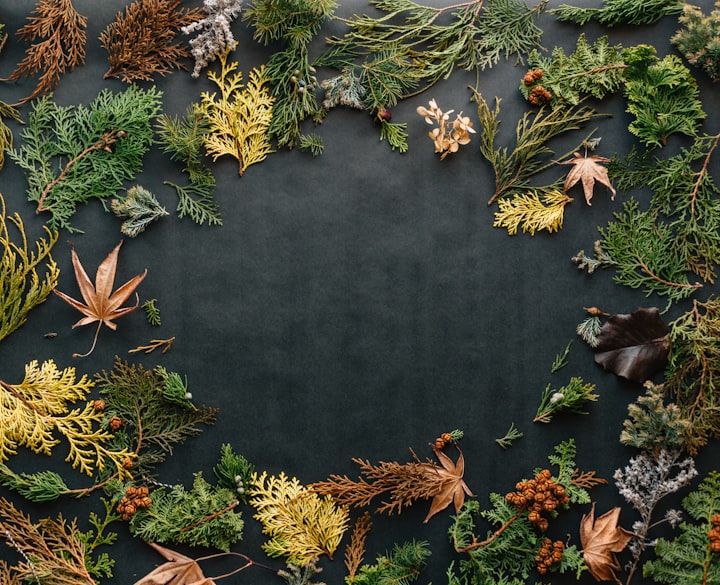Thanksgiving 2020
How the heck do I explain this

2020. Thanksgiving. What an odd time to be a alive, let alone celebrate a holiday and feel grateful for what we have. According to a tweet that I can't find and therefore cannot properly credit, it's the perfect time to learn about coming to peoples' homes when you shouldn't, spreading diseases in the process.
The biggest problem in my mind is this: how are we supposed to show gratitude when almost all we have is stolen?
So, how are we doing this? I'm staying home, first of all. I miss my parents desperately, and it's been odd to have our first year of marriage this isolated from our loved ones. But we'll see them another time, or after there is a vaccine and it's safe to travel. If you're seeing anyone outside your household, I urge you to wear a mask. But please, consider not seeing your extended family. Secondly, I will not be shopping on Black Friday. These companies have done well enough this year, while the rest of us suffered through a pandemic. Don't reward them by giving them more capital to hoard. I'm going to try to hold off until after cyber Monday, at least. Did you know November 27 this year, Black Friday as most of us know it, is Native American Heritage Day?
I think we can all agree that we should be using this Thanksgiving as a learning opportunity, in the context of the rest of this year. How can we do so? I am no expert. Again, I can't tell you what to do! But I will tell you what I'm doing.
There are three things to pay attention to when expanding your understanding of the holiday.
- Environment; traditional understandings of the natural world
- Community; role of identity in Native American cultures
- Encounters; how interactions between cultures affect those cultures
If you're going to celebrate this, it's best to avoid the idea of the "first Thanksgiving" altogether. It paints a picture of a friendly relationship between colonists and Native Americans, which was not the case. I don't think it was an accident that this holiday has such a strong emphasis in this country; it is to try and downplay the crimes of the American government. We cannot glaze over the fact that the American government & other colonizers were responsible for genocide; teaching our children stories about how well everyone got along on this mythical first thanksgiving is sweeping it under the rug. Let’s just take this time to celebrate Native American Heritage Month & Day.

If you truly don't see an issue with this holiday, I'm going to need you to do a little more research. I don't think you have a clear picture of what this country has done to its people. I'll go over the big ones, but I invite you to find documentaries, stories, virtual museum tours. Or if there's anything specific you would like to talk about, any particular point you would like me to address, please reach out. These are the things I think are most important to know:
- C. Columbus was not the first white person to get here. The Native Americans he first encountered came out to trade with him, so they had seen men with white skin before. And those white men left them alone afterwards.
- It's estimated that there was an Indigenous population of around 60 million in the Americas when he got here. 90% of those people died from smallpox after the Europeans showed up.
- California's first governor promised to wipe out Native Americans until they were extinct. Truly, thank God that didn't happen.
- We stole land. I don't know how else to say it. If you can't understand why that was such a crime and why it can't be ignored, I don't know what else to say.
- We stole their babies and put them in residential schools. We cut their precious hair and we tried to erase their culture.
There are countless examples of history erasure in various ways; from changing the public's opinions about Native traditions (Cowboy vs. Indians stories, etc.), to making it difficult for Native settlements and reservations to get access to healthy, fresh food (after taking away the land they used to keep themselves healthy), to ignoring the numbers of Missing and Murdered Indigenous Women (MMIW), to the lack of education about the genocide committed against Native Americans and the continued colonization without consequence. We need to stop ignoring our history.






Comments
There are no comments for this story
Be the first to respond and start the conversation.